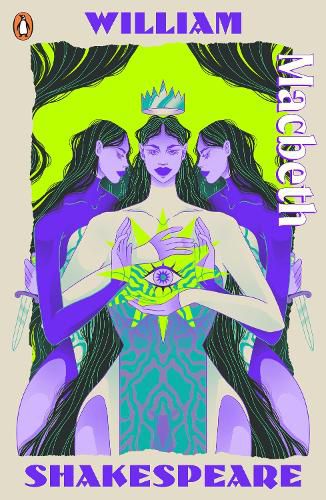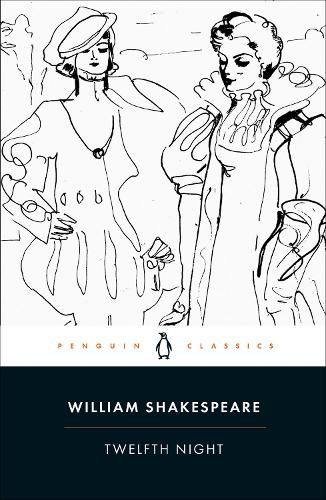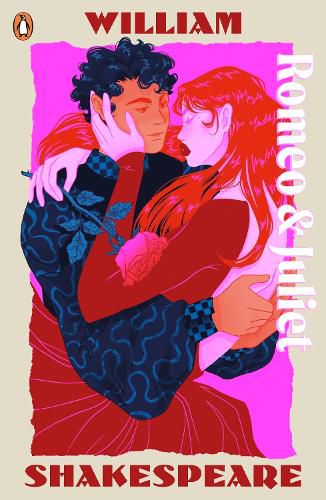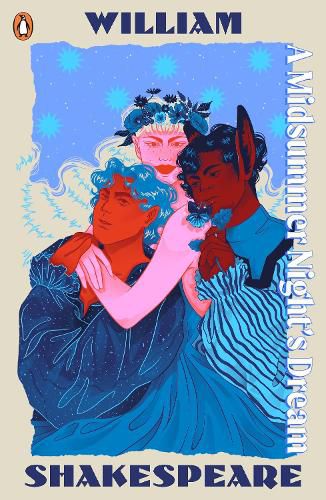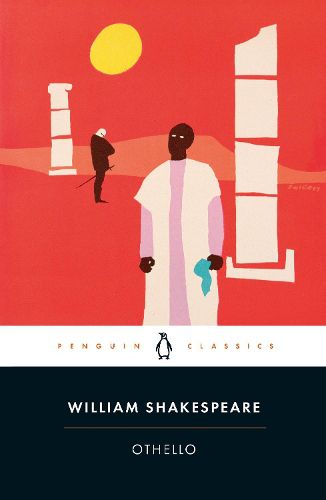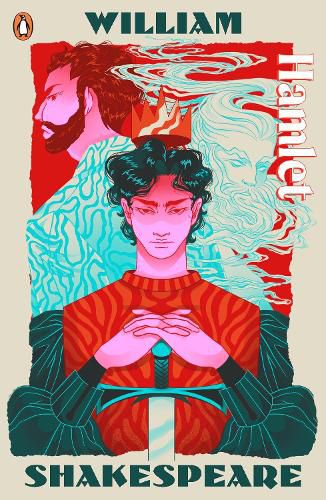You've probably heard of Shakespeare, but if you don't know where to start reading, never fear! Alicia Vu from the Readings Teen Advisory Board has an easy guide to figure out which of his many plays to read first.
William Shakespeare was an English playwright, poet and actor who is widely regarded as one of the greatest writers in the English Language and the world’s preeminent dramatist. He authored 39 plays, 154 sonnets, and two narrative poems, blending timeless themes of love, power, betrayal, and ambition. His works, including classics like Hamlet, Romeo and Juliet, Macbeth, and A Midsummer Night's Dream, have profoundly influenced literature and theatre, with their enduring appeal spanning cultures and centuries.
The world of Shakespeare is a big one to step foot in, with over a hundred pieces to immerse yourself in. So, if you don’t know where to begin, here's an introduction to some of Shakespeare’s most famous plays!
My personal favourite play, Macbeth, is a tragedy that unfolds in medieval Scotland and is marked with ambition, prophecy and moral conflict. At its heart is Macbeth, a soldier and lord who encounters three mysterious witches, igniting a journey filled with temptation and inner turmoil. Encouraged by prophecy and driven by the desire for glory, Macbeth grapples with his conscience and the consequences of his actions. Set against a backdrop of political and supernatural forces, the play delves deep into themes of ambition, guilt, and the destructive nature of unchecked desire, creating a powerful and haunting tale of rise and fall.
Macbeth is a play that is widely studied in schools for its profound exploration of the corrupting nature of power. Its rich language, poetic soliloquies, and enduring themes make it a cornerstone of literary study as it reflects on universal truths about the human condition and the devastating consequences of moral compromise.
Twelfth Night is a vibrant comedy set in the fictional land of Illyria, and explores the complexities of mistaken identities, unrequited love, and playful deception. The play follows Viola, who disguises herself as a man named Cesario. As Cesario, she enters the service of Duke Orsino, who in madly in love with Lady Olivia – however, Lady Olivia falls in love with Cesario, unaware of Viola’s true identity (confusing, right?). With its lively cast of characters and intertwined love triangles, the play humorously navigates themes of love, identity and transformation.
Twelfth Night explores the complications of love in its various forms – familial, romantic, selfless, unrequited and even foolish – whilst questioning societal norms about identity and gender. Shakespeare uses dramatic irony and clever wordplay to create humour, confusion, and self-delusion between the characters. Its exploration of disguise and mistaken identities reflect the deeper truths of human nature, love’s irrationality, and the roles people play in society, making Twelfth Night a timeless celebration of joy and self-discovery.
Much Ado About Nothing is a sparkling romantic comedy where love, wit, and misunderstandings create a lively tale of intrigue and humour. The story follows two pairs of lovers: the young Claudio and Hero, who embody the love-at-first-sight cliche, and the bickering Beatrice and Benedick, whose verbal sparring might be hiding a shared infatuation. In the lead up to Claudio and Hero’s wedding, one couple is alienated by lies and deceit, while the other are hilariously tricked into confessing their feelings for one another.
Much Ado About Nothing delves into themes of love, honour, and the impact of both malicious and playful deception. The witty repartee between Beatrice and Benedick offers a sharp commentary on gender roles and the nature of love, contrasting with the more traditional romance of Claudio and Hero. Its enduring charm and eye-opening insight into human nature makes it a staple of comedic literature – and my favourite comedic play.
Romeo and Juliet is Shakespeare’s most famous play, for its timeless tragedy about two young lovers from feuding families. Romeo and Juliet meet by chance and fall deeply in love, despite the enmity between their families. Their secret romance blossoms in defiance of social and family constraints, but a series of misunderstandings and impulsive decisions unfold that lead to devastating consequences.
The play captures the intensity and fragility of youthful love in a world fraught with division, through its blend of passionate affection, conflict and tragic fate. It portrays love as both an exhilarating and dangerous force, capable of transcending societal boundaries yet vulnerable to external pressures. Shakespeare’s use of poetic language, especially in the love shared between Romeo and Juliet, elevates their emotions to a universal level, making their story resonate across cultures and time.
A Midsummer Night’s Dream is a whimsical comedy that intertwines love, magic, and mischief. It follows four young lovers and a group of amateur actors, who find themselves in the midst of a fairy realm ruled by King Oberon and Queen Titania. Chaos ensues when a mischievous sprite, Puck, uses a magical flower to manipulate the affections of the lovers, leading to unexpected pairings and humorous misunderstandings.
The play explores themes of transformation, love’s irrationality and the interplay between reality and fantasy, as well as the boundaries between art and life. Through rich poetic language, vibrant imagery, and comedic elements, Shakespeare brilliantly blends romance and humour while offering insights into human relationships and the transformative power of imagination.
Othello is a powerful tragedy about love, jealousy and betrayal, following Othello, a respected Moorish general in Venice, and his marriage to Desdemona, a white woman of noble birth. This union is tested when Iago, Othello’s ensign, plans to destroy Othello out of envy and resentment. By planting seeds of doubt about Desdemona’s fidelity, Iago manipulates Othello into a downward spiral of mistrust and rage.
The play delves deep into the themes of jealousy, manipulation, racism, and the destructive power of unchecked emotions. It exposes the fragility of trust and the devastating effects of deceit, emphasising how prejudice and insecurities can be weaponized to destroy lives. The play’s rich language, complex characters, and exploration of its contemporary issues make it one of Shakespeare’s most compelling works, offering a profound commentary on the dangers of letting fear and doubt overshadow love and reason.
Hamlet is a tragedy that follows the journey of Prince Hamlet of Denmark, who is deeply affected by the sudden death of his father. Hamlet learns from the ghost of his father that his uncle Claudius murdered him to seize the throne. Consumed by grief and anger, Hamlet desires to avenge his father but struggles with the moral dilemma of murder, contemplating life and death, and leading to a tragic chain of events.
Hamlet explores complex themes of mortality, madness, revenge and the nature of existence. At its core, the play is about a human struggle between action and moral integrity, questioning whether revenge is justifiable or destructive. Shakespeare’s masterful use of language, symbolism, and dramatic tension has made Hamlet one of his most influential works in literature. The play’s exploration of human frailty and ethical ambiguity allows for insight into the complexities of the human psyche.



